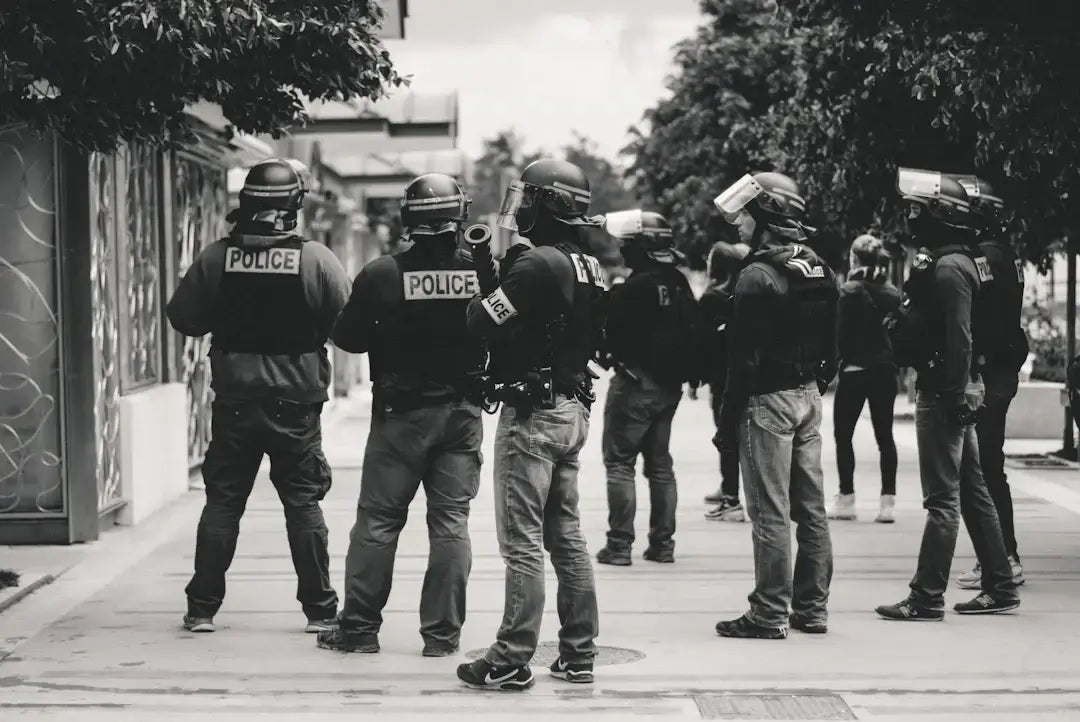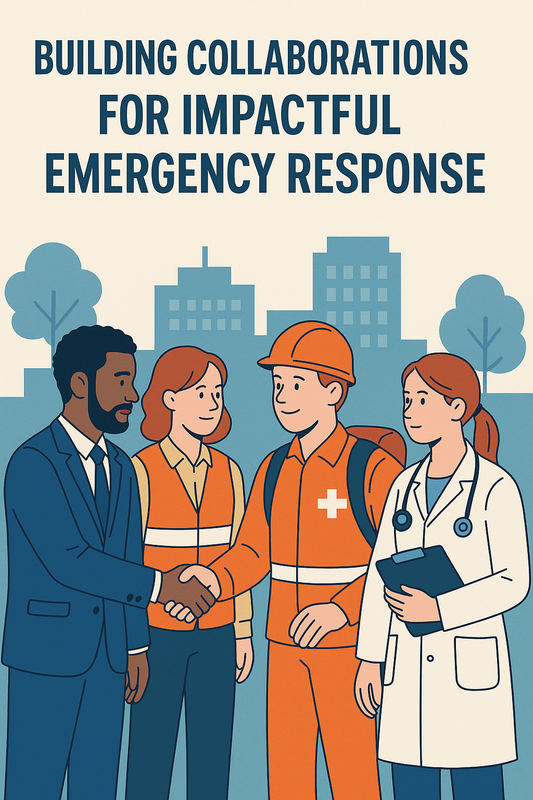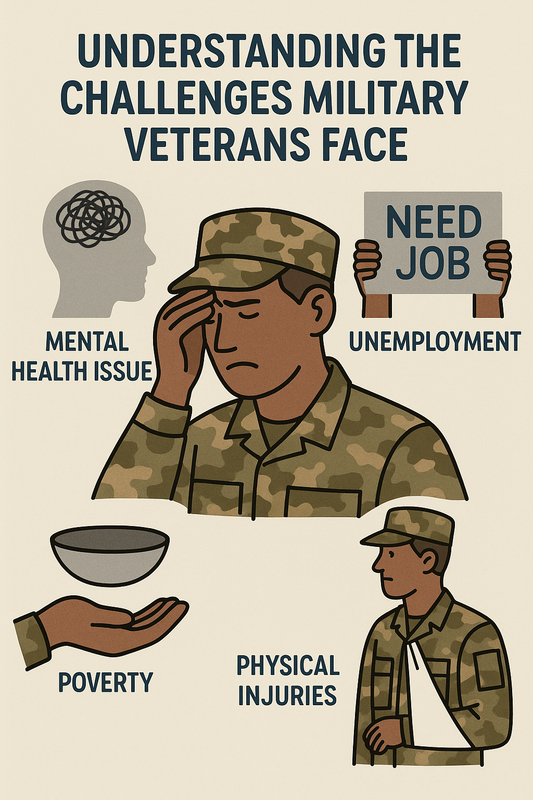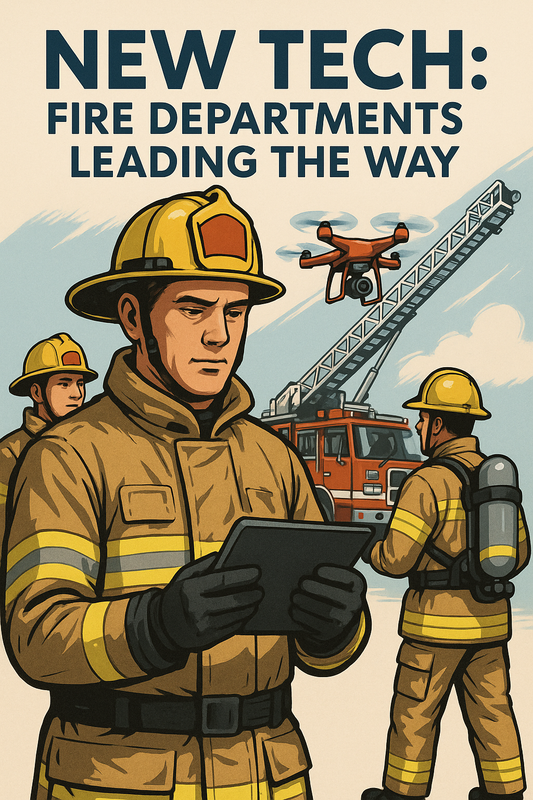
Strengthening Trust: Police and Community Connection
Frequently Asked Questions
1. Why is building trust between police and communities important?
2. What are some strategies to improve police-community relationships?
3. How can community policing benefit local neighborhoods?
4. What role does transparency play in fostering trust?
5. What are some effective community initiatives that build trust?
Building trust between police officers and local communities is essential for creating a safe and harmonious environment. It’s not just about law enforcement; it’s about fostering relationships that empower both the police and the people they serve. In this blog post, we will delve into various strategies to improve this connection, explore community initiatives, and illustrate how trust can transform community dynamics.
The Importance of Community Trust
Trust is the foundation of effective policing. When community members trust their police officers, it leads to better cooperation and open communication. This trust can significantly impact crime rates, as communities feel safer reporting suspicious behavior and cooperating with law enforcement. Building a good rapport with residents is paramount in ensuring the efficacy of police work.
Understanding Community Needs
Police officers often stand on the front lines, tasked with enforcing laws and maintaining order. However, their work is deeply intertwined with the community's needs. Understanding these needs is the first step toward building trust. Engaging in regular dialogue, attending community meetings, and actively seeking input can help police officers better understand the unique challenges facing different neighborhoods.
Community Policing: A Collaborative Approach
Community policing is a strategic approach that encourages collaboration between law enforcement and community members. Officers are encouraged to build relationships beyond their traditional policing duties. This strategy leads to several benefits:
- Proactive Engagement: Instead of waiting for crimes to occur, officers can engage with community members, participating in local events, or even picnicking in parks.
- Visibility and Accessibility: Increased presence in the community fosters familiarity, making officers more approachable. When officers are seen regularly, trust naturally begins to grow.
- Local Knowledge: Officers who build relationships with locals are better informed about the community’s dynamics, helping them to address specific concerns effectively.
Programs and Initiatives that Foster Trust
Many police departments have launched programs aimed explicitly at bridging the gap between officers and community members. These initiatives can have lasting benefits:
- Youth Engagement Activities: Organizing events such as basketball tournaments or art programs can create a positive atmosphere where young people feel comfortable interacting with law enforcement.
- Neighborhood Watch Programs: Collaborating with community volunteers to create a neighborhood watch encourages residents to take an active role in public safety while fostering positive relationships with officers.
- Community Advisory Boards: Establishing boards that include citizens and police officers can help address community concerns and ensure transparency in policing strategies.
The Role of Transparency in Building Trust
Transparency plays a pivotal role in cultivating trust between police and local residents. When police departments are open about their operations, practices, and decision-making processes, it breeds confidence among community members. Here are some ways to ensure transparency:
- Open Data Initiatives: Sharing crime statistics, reports of encounters, and strategies in a publicly accessible format builds trust and accountability.
- Regular Community Meetings: Hosting monthly or quarterly meetings to discuss policing issues directly with the community can alleviate misunderstandings and foster dialogue.
- Feedback Mechanisms: Establishing platforms for community feedback enhances accountability and makes residents feel heard.
Utilizing Modern Technology
In today’s digital age, technology plays an important role in promoting transparency and accountability. Police departments can leverage various tools to enhance trust:
- Social Media Engagement: Regular updates about police activities and local events can help humanize officers, allowing residents to see them as part of the community.
- Body Cameras: Implementing the use of body cameras can provide an objective record of police encounters, ensuring accountability on both sides.
- Mobile Apps: Innovative apps that allow citizens to report issues or communicate with officers can facilitate a more collaborative environment.
Fostering Community Events
Participating in and hosting events can take trust to a whole new level. Here are some creative ideas for community events that can bridge the gap:
- Picnics in the Park: Police officers sharing meals with community members in a relaxed environment can break down barriers.
- Family Fun Days: Organizing fun-filled days with games, educational activities, and demonstrations can show the human side of policing.
- Workshops and Educational Programs: Offering workshops on topics like personal safety or drug prevention can empower the community and create a positive engagement.
Tackling Difficult Conversations
Building trust also means addressing tensions and conflicts head-on. Police officers must be trained to navigate difficult situations with empathy and understanding. Here are some key strategies:
- Conflict Resolution Training: Teaching officers how to de-escalate tense situations can lead to more constructive outcomes, thus reinforcing trust.
- Listening Sessions: Organizing sessions aimed at allowing residents to voice their concerns and experiences can exhibit police willingness to engage and learn.
- Diversity and Inclusion Training: Understanding different cultural perspectives can equip officers with the tools to relate better to community members.
Involving Local Businesses
Local businesses also play a vital role in establishing a sense of trust and community. Collaborating with businesses in community outreach efforts can further enhance police-community relations. Ideas include:
- Joint Promotions: Local businesses can partner with police for promotional events, which create an atmosphere of unity.
- Discounts for Officers: Offering discounts to police can symbolize goodwill and appreciation, illustrating collaboration between businesses and law enforcement.
- Community Support Programs: Launching initiatives to support community members in need can be an effective way for officers and local businesses to work together.
Creating Safe Spaces
For community members to feel comfortable engaging with police, it’s crucial to create safe spaces for dialogue. These spaces go beyond mere physical locations, encompassing attitudes and practices as well. Here’s how to create a safe environment:
- Welcoming Atmosphere: Encouraging officers to actively greet residents and show genuine interest in their well-being fosters a welcoming environment.
- Anonymous Reporting Options: Providing channels for anonymous feedback allows community members to voice their concerns without fear of retaliation.
- Cultural Events: Celebrating cultural diversity can break down walls, allowing for shared experiences that humanize policing.
The Ongoing Journey of Trust Building
Building trust between police and the community is not a one-time event; it is an ongoing journey that requires dedication, transparency, and effort from both sides. Police officers should continuously seek new ways to engage and connect with community members, always fostering an environment of openness and collaboration. The benefits of trust not only improve public safety but also create a more unified community.
As we reflect on the importance of trust in the relationship between police officers and the community, it’s vital to remember that this relationship is much like a durable camping mug—built to withstand challenges. Just as the right camping gear can be relied upon in tough conditions, strong community relations can weather the storms of misunderstanding and conflict.
Let us strive to create a safer and more vibrant community, enriched by the collaborative efforts of our local police and residents. Together, we can ensure a brighter future—one where trust forms the backbone of our community's safety and well-being.




